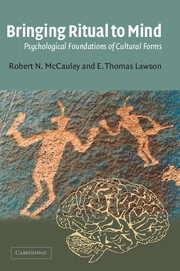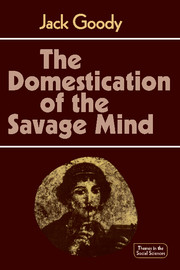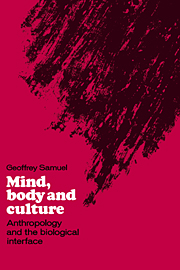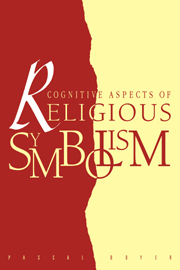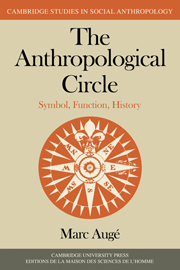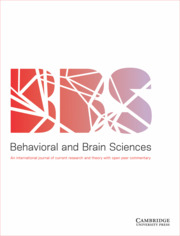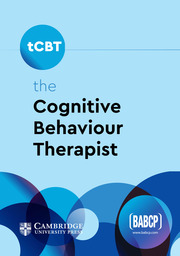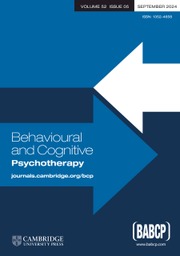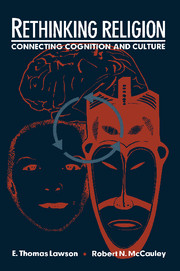Bringing Ritual to Mind
Psychological Foundations of Cultural Forms
$34.99 USD
- Authors:
- Robert N. McCauley, Emory University, Atlanta
- E. Thomas Lawson, Western Michigan University
- Date Published: January 2005
- availability: This ISBN is for an eBook version which is distributed on our behalf by a third party.
- format: Adobe eBook Reader
- isbn: 9780511030468
Find out more about Cambridge eBooks
$
34.99 USD
Adobe eBook Reader
Other available formats:
Paperback
Looking for an inspection copy?
This title is not currently available on inspection
-
Bringing Ritual to Mind explores the cognitive and psychological foundations of religious ritual systems. Participants must recall their rituals well enough to ensure a sense of continuity across performances, and those rituals must motivate them to transmit and re-perform them. Most religious rituals the world over exploit either high performance frequency or extraordinary emotional stimulation (but not both) to enhance their recollection (the availability of literacy has little impact on this). But why do some rituals exploit the first of these variables while others exploit the second? McCauley and Lawson advance the ritual form hypothesis, arguing that participants' cognitive representations of ritual form explain why. Reviewing evidence from cognitive, developmental and social psychology and from cultural anthropology and the history of religions, they utilize dynamical systems tools to explain the recurrent evolutionary trajectories religions exhibit.
Read more- Employs cognitive science to explain patterns among religious ritual systems
- Stands out from other books in the field in its use of tools from dynamical systems theory to represent the variables shaping the patterns in religious ritual systems
- Explores and combines evidence from Melanesian materials from cultural anthropology, and Christian materials from the history of religions
Reviews & endorsements
'Bringing Ritual to Mind makes a substantial contribution to one corner of the cognitive field, the cognitive basis of ritual forms. The book extends and clarifies aspects of the theory of ritual competence presented in the authors' Rethinking Religion (1990).' Numen
See more reviews'… a provocative and very stimulating set of ideas …'. Anthropos
Customer reviews
Not yet reviewed
Be the first to review
Review was not posted due to profanity
×Product details
- Date Published: January 2005
- format: Adobe eBook Reader
- isbn: 9780511030468
- contains: 3 b/w illus. 5 tables
- availability: This ISBN is for an eBook version which is distributed on our behalf by a third party.
Table of Contents
1. Cognitive constraints on religious ritual form: a theory of participants' competence with religious ritual systems
2. Ritual and memory: frequency and flashbulbs
3. Two hypotheses concerning religious ritual and emotional stimulation
4. Assessing the two hypotheses
5. General profiles of religious ritual systems: the emerging cognitive science of religion.
Sorry, this resource is locked
Please register or sign in to request access. If you are having problems accessing these resources please email [email protected]
Register Sign in» Proceed
You are now leaving the Cambridge University Press website. Your eBook purchase and download will be completed by our partner www.ebooks.com. Please see the permission section of the www.ebooks.com catalogue page for details of the print & copy limits on our eBooks.
Continue ×Are you sure you want to delete your account?
This cannot be undone.
Thank you for your feedback which will help us improve our service.
If you requested a response, we will make sure to get back to you shortly.
×
